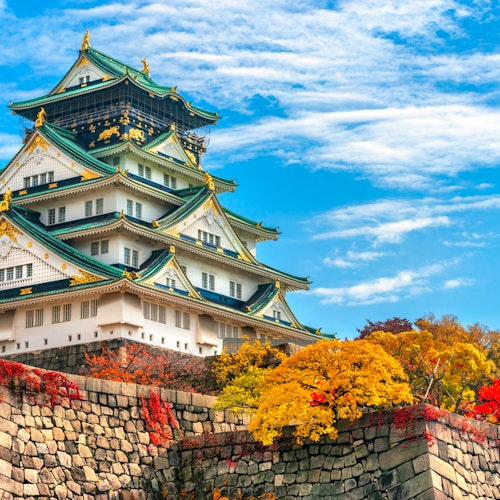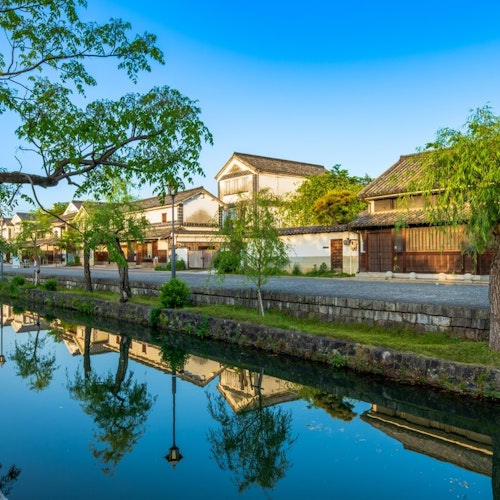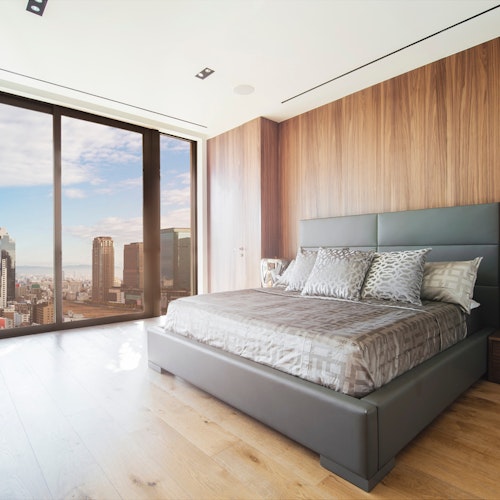

Thinking about staying in an Airbnb during your Japan trip?
I get asked about this all the time—travelers often wonder whether Airbnb really stacks up compared to traditional hotels or local accommodations in Japan. Airbnb seems appealing at first glance. You get the idea of a cozy home, maybe even saving some money compared to hotels, and experiencing the country like a local. But after years of organizing trips around Japan, I’ve found it’s rarely that simple.
One thing I always emphasize is that Japan isn't exactly Airbnb-friendly. Sure, Airbnb operates in the country legally, but it comes with some strict regulations. Japan introduced the Minpaku law in 2018, limiting short-term rentals to just 180 days per year. Hosts also need to register their properties with local authorities, and they must collect personal details from every guest—things like your occupation, home address, and exact dates of stay. It's no joke—this process can be pretty tedious for both hosts and guests. MailMate Japan has an insightful explanation of Japan’s Airbnb laws that's worth a read.
These rules mean fewer hosts are willing or able to list their properties. In certain popular areas, such as Shinjuku in Tokyo, Airbnb listings might only be available on weekends because of even tighter local restrictions. Imagine planning your entire trip and realizing your chosen Airbnb isn't available mid-week!
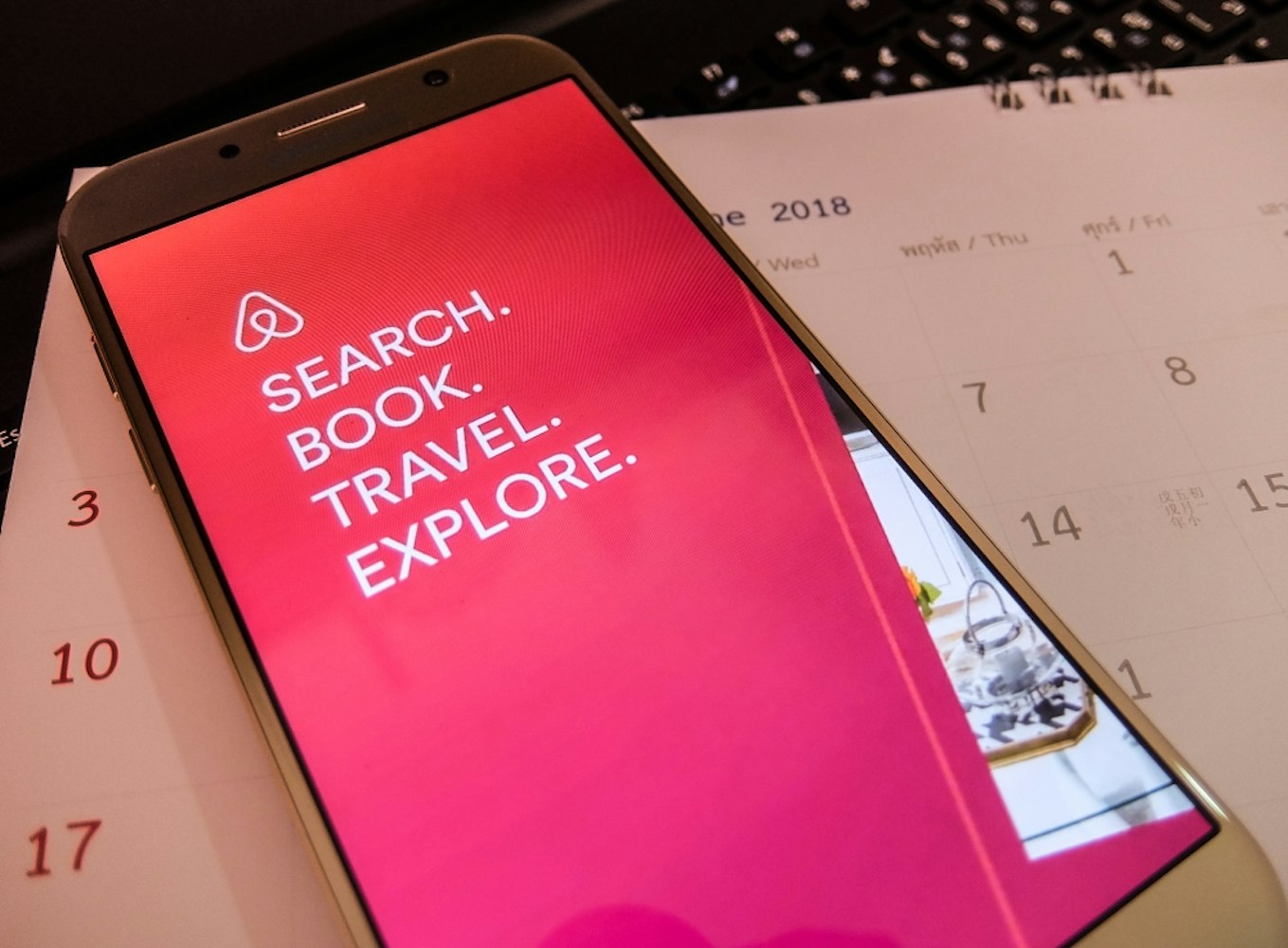
Now, here's something I regularly hear from travelers who previously opted for Airbnb stays in Japan: reliability can be an issue. Sure, listings look beautiful online, but reality doesn't always match the photos. In fact, some travelers have shared stories with me about last-minute cancellations by hosts because the accommodation wasn't fully licensed or didn't comply with regulations. That’s a tough spot to be in, especially during peak travel seasons when finding alternative accommodation isn't easy.
If reliability and authenticity matter to you—and they should—I always suggest considering a traditional accommodation like a ryokan, or even a reputable hotel. For instance, staying in a ryokan can provide you with unforgettable experiences, from tatami rooms to traditional meals. If you're curious, we recently published an article about enjoying a traditional onsen experience in Kyoto. Definitely worth checking out!
Something important that not everyone thinks about initially: staying at an Airbnb could unintentionally impact the local community. Some neighborhoods in Japan, especially traditional areas, aren’t set up for an influx of tourists. I've heard from numerous travelers who felt unwelcome because neighbors weren’t thrilled about tourists staying next door, especially in quieter residential areas. Noisy luggage wheels rolling on cobblestone streets at 5 AM? Not exactly how you want to meet your neighbors in Kyoto.
In contrast, established hotels and guesthouses are part of the community fabric. They’re used to tourists, designed for tourism, and typically located where tourists won't disturb residential life. Personally, I always prefer recommending accommodations that blend comfort with community respect.

Another aspect that Airbnb listings often miss is the convenience of added services. If you're traveling independently, an Airbnb stay means organizing everything yourself—from navigating public transport to finding local markets. But when you book with local travel experts like Trip To Japan, you get curated experiences bundled into your stay.
We've designed trips like our two-week family itinerary covering Tokyo, Disney, Kyoto, and Osaka. These aren't just rooms; they're thoughtfully arranged experiences. That means less hassle and more time exploring. Not many Airbnb listings include tickets to Disneyland or Universal Studios, after all!
Plus, Airbnb won’t necessarily connect you with unique local activities. Consider experiences like our popular kimono experience in the Arashiyama Bamboo Forest. These kinds of unique experiences are rarely part of an Airbnb package.
Cost savings is often why people initially look at Airbnb. In theory, it seems cheaper—until hidden fees start popping up. Cleaning fees, service charges, and even unexpected local taxes can add up quickly. I've seen instances where Airbnb costs more than staying in a reputable hotel, especially once you factor in convenience and included amenities.
On the other hand, traditional accommodations offer transparent pricing. Ryokans, for instance, often include breakfast, dinner, and even access to hot springs. This clarity can save you money and stress, letting you relax into your vacation without worrying about extra charges.
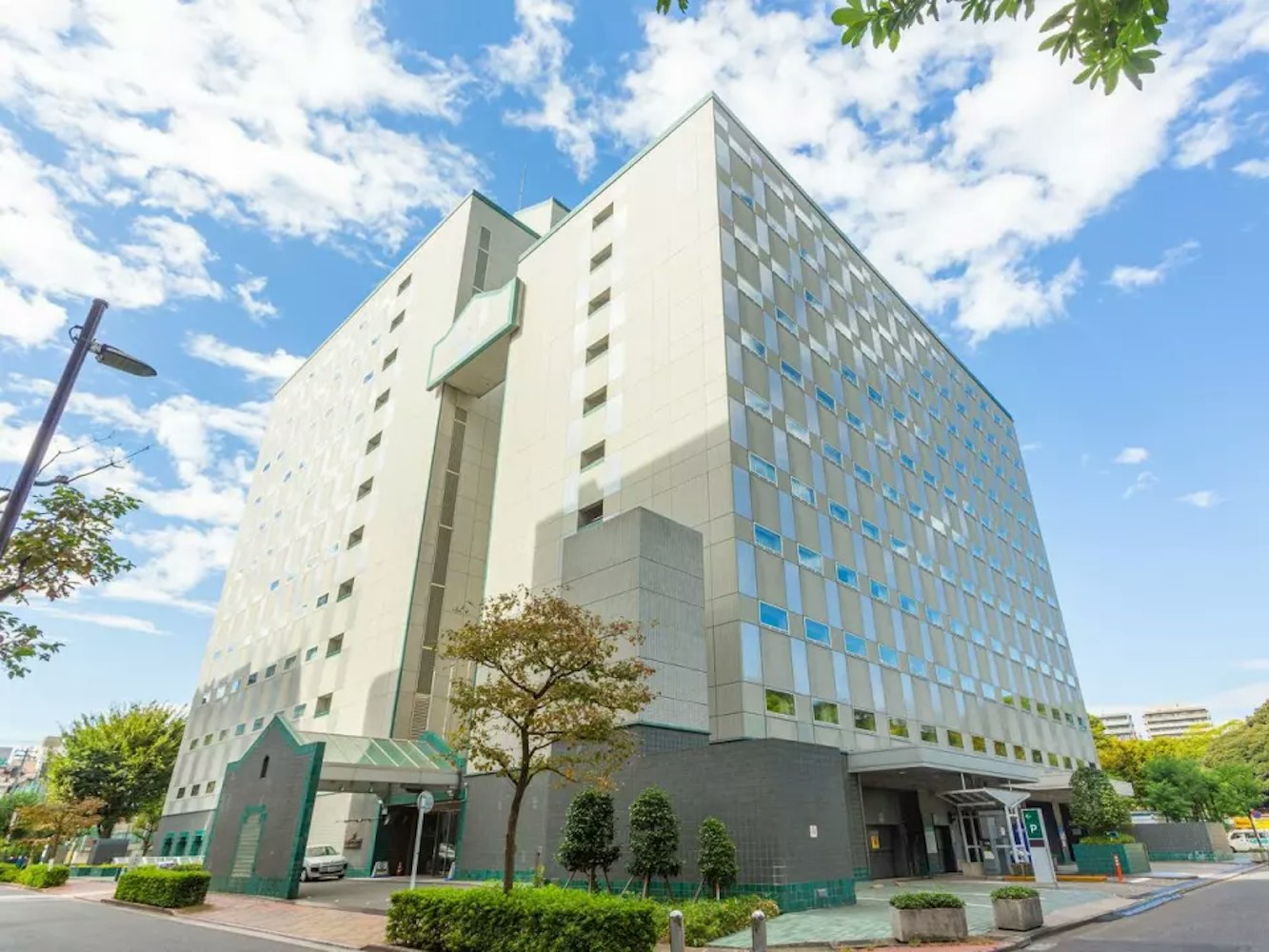
Location can make or break your Japan trip. Many Airbnb listings are in residential neighborhoods, often far from major tourist attractions or public transport hubs. This could mean daily commutes of 30 minutes or more, cutting into your precious sightseeing time.
Hotels and ryokans, meanwhile, are typically situated near popular attractions, convenient train stations, or vibrant neighborhoods. For example, Shinjuku offers fantastic nightlife, and staying there lets you immerse yourself directly into Tokyo's excitement. If nightlife intrigues you, we recently explored the vibrant nightlife in Tokyo’s Shinjuku district. A hotel here means you're right at the heart of the action, something Airbnb listings often can't promise.
If you're set on Airbnb, always double-check listings for clear licensing details. But if what you're after is a truly authentic and stress-free experience, leaning toward traditional accommodations or hotels is usually a safer bet. After years of organizing unforgettable trips across Japan, I've found that reliability, authenticity, and cultural experiences offered by ryokans and carefully selected hotels easily surpass Airbnb in Japan.
Before you finalize your decision, I suggest exploring detailed trip itineraries like our 10-day cherry blossom itinerary or diving into local experiences such as our authentic culinary adventure in Tokyo.
That wraps up the first part—let me know once you're ready, and we’ll continue with the next section!
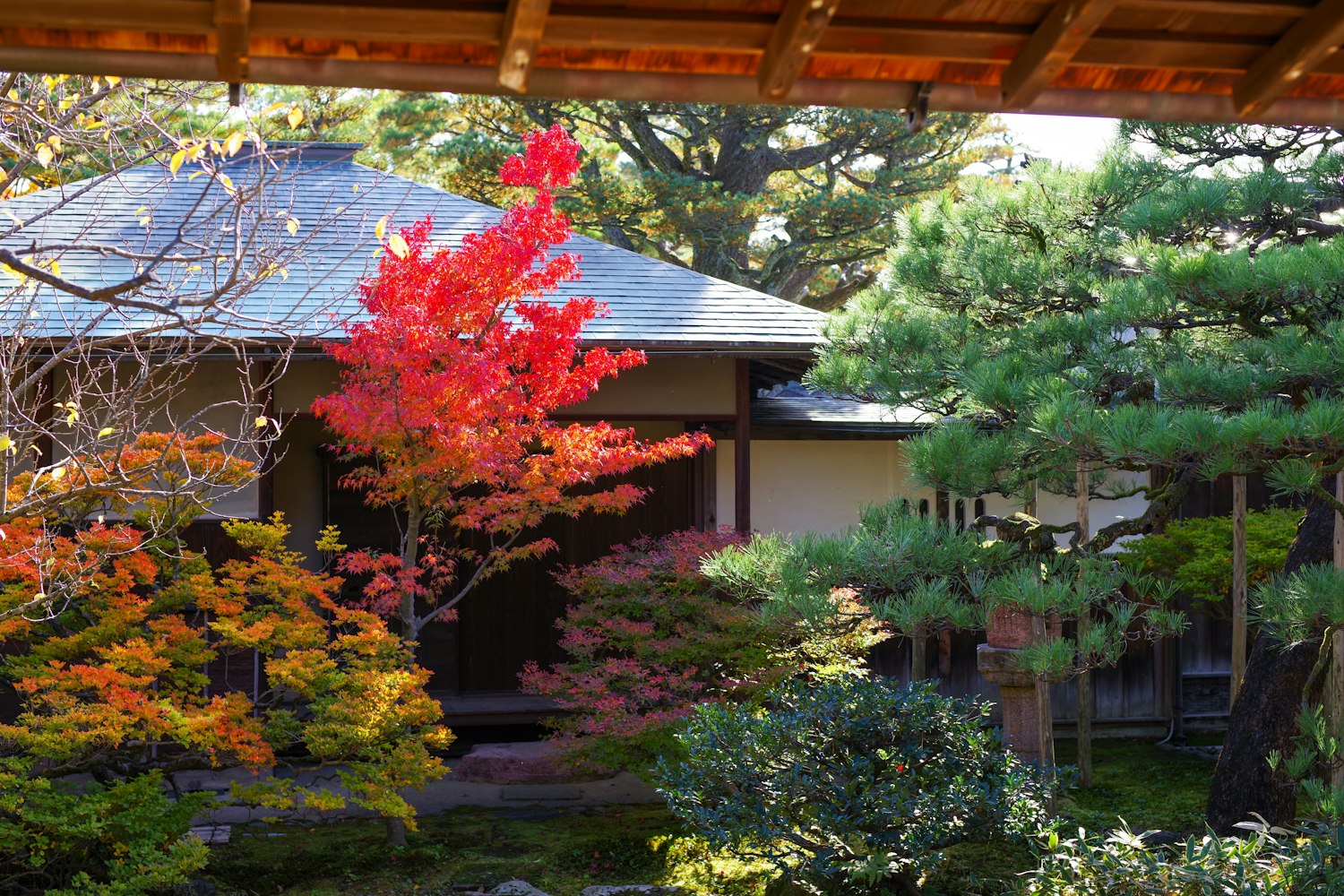
Privacy is a big deal when traveling—something travelers tell me frequently. While Airbnb offers a promise of personal space, it doesn't always deliver. Many listings in Japan tend to be smaller than advertised, especially in cities like Tokyo or Osaka. What looks like a spacious apartment online might end up feeling cramped, especially for taller guests or anyone traveling with family.
Japanese hotels or traditional accommodations like ryokans usually provide consistent room sizes. You can expect more clarity about exactly how much space you'll have. Plus, hotels offer daily housekeeping, fresh towels, and little touches that make your stay comfortable and worry-free. If your comfort matters, hotels often win over Airbnb.
Language barriers are common worries for travelers. I've noticed Airbnb guests often struggle with communication, especially if the host doesn't speak much English. Imagine dealing with a plumbing issue or needing directions urgently, and your host can't fully understand your concerns.
Hotels and dedicated accommodation providers, on the other hand, typically have multilingual staff who can assist at any time. If you prefer peace of mind knowing someone can assist you day or night, choosing traditional accommodations makes sense.
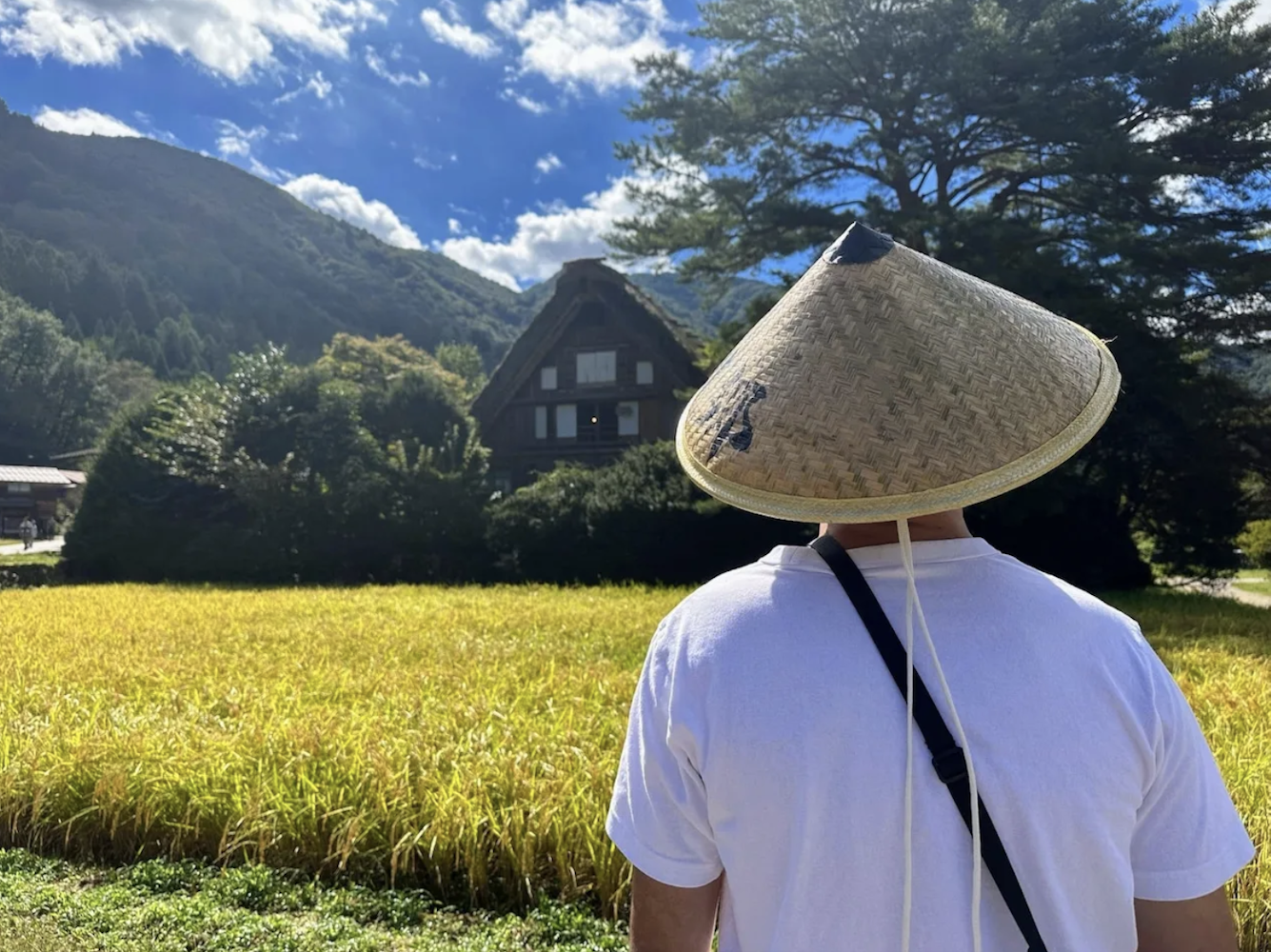
I totally get the allure of wanting to stay "like a local." But staying at an Airbnb doesn’t automatically guarantee an authentic experience. In fact, travelers have shared stories with me about Airbnb stays feeling surprisingly impersonal—just a rented apartment with little connection to the surrounding neighborhood.
If genuine local interactions matter to you, staying at a traditional ryokan or booking experiences with local guides can provide richer cultural engagement. For example, we offer a personalized experience like our Kyoto insider private tour. This kind of interaction brings local perspectives directly into your travel.
Hidden costs are a real pain—and they creep up more often than you'd expect with Airbnb. I've had customers tell me they initially chose Airbnb thinking it was a budget-friendly option, only to be surprised by extra cleaning fees, service charges, and even local occupancy taxes upon booking.
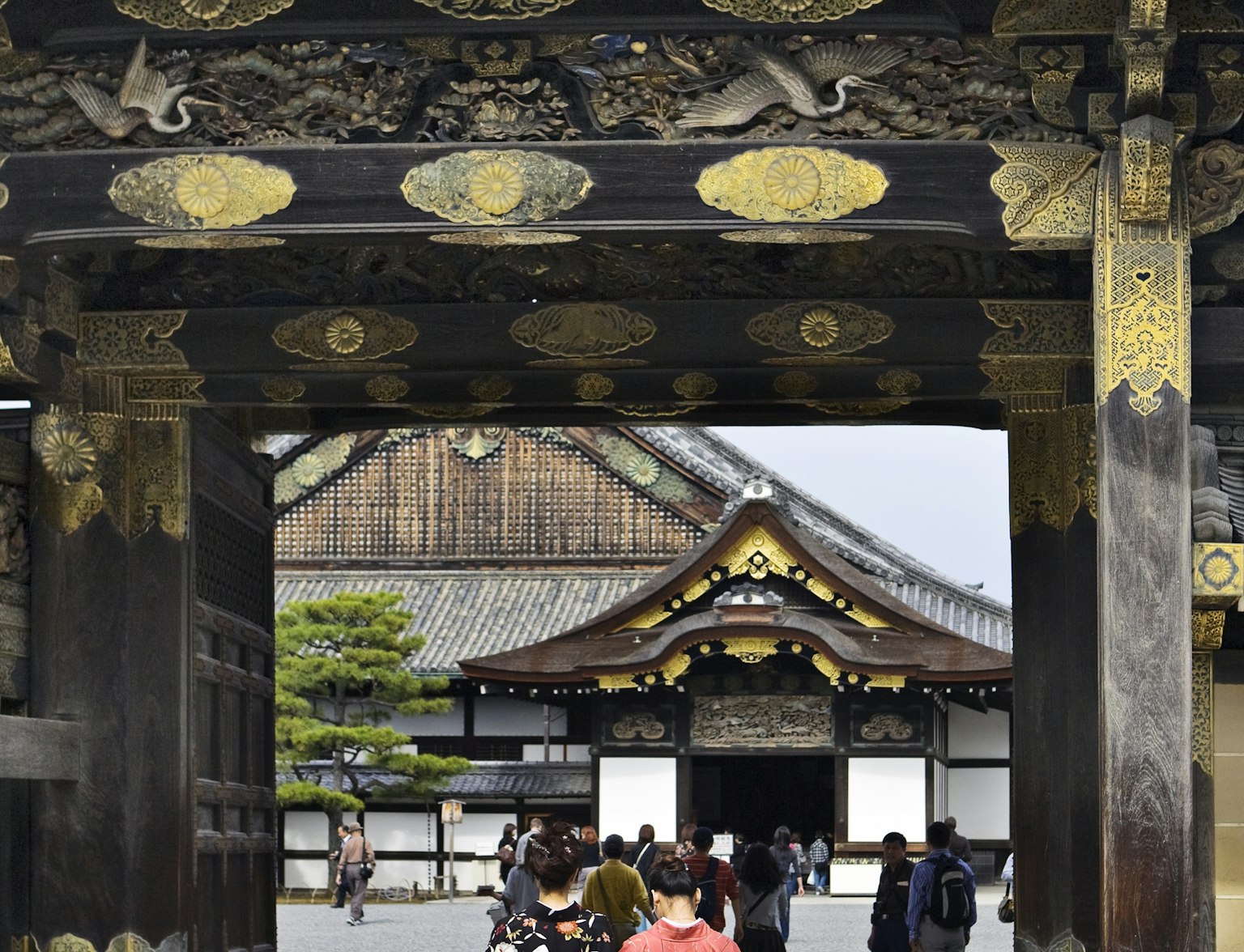
Discover Kyoto's timeless charm with our exclusive one-day tour.
Hotels in Japan usually offer transparent pricing. What you see advertised is usually what you pay. And in many cases, hotels throw in extras like complimentary breakfasts, shuttle services, or access to amenities like pools or spas.
If you're determined to use Airbnb in Japan, here's what you need to do: Always verify the license number provided in the listing. Genuine listings will openly display their Minpaku registration numbers. If there's any hesitation from the host, consider that a red flag.
To get a balanced perspective, there's a helpful article by Japan-dev discussing the reality of booking Airbnb stays in Japan from a local perspective. It's useful for anyone considering Airbnb seriously.
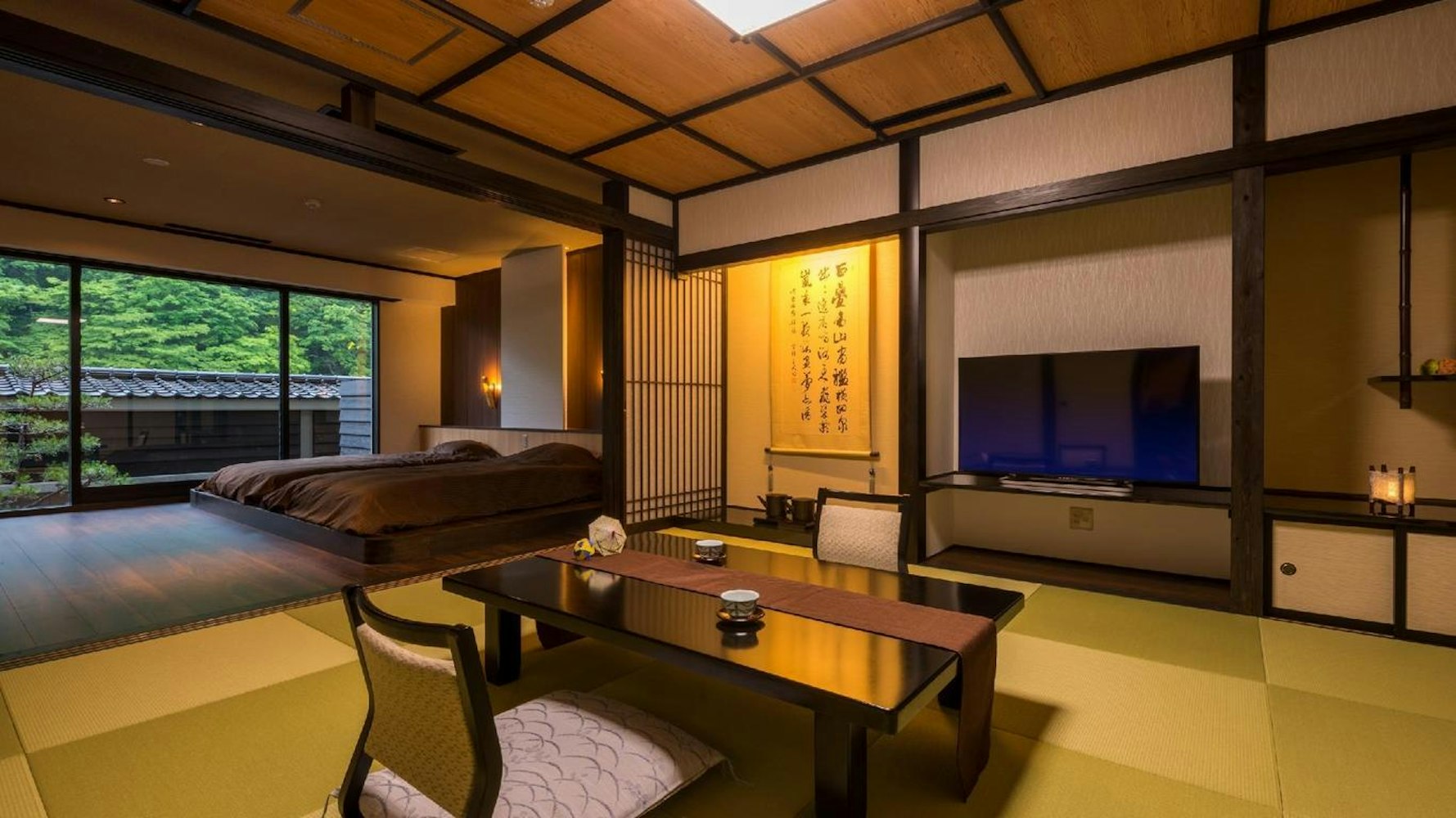
Staying local isn’t just about accommodation—it's about experiences. One memorable thing travelers consistently share with me is that their fondest Japan memories come from participating in cultural activities rather than just where they sleep.
Consider exploring our offerings like the authentic sumo experience in Tokyo, or the immersive sake brewery tour in Takayama. These are the moments that define your Japan trip far more vividly than the walls of an Airbnb.
Safety is another critical factor. Airbnb accommodations vary dramatically in terms of security. You might not know if a location is in a safe neighborhood or if the apartment has adequate security measures.
Hotels and licensed guesthouses adhere strictly to safety standards and security regulations. They provide 24-hour front desk services, security cameras, and secure access. For travelers concerned about safety, traditional accommodation options clearly offer greater peace of mind.
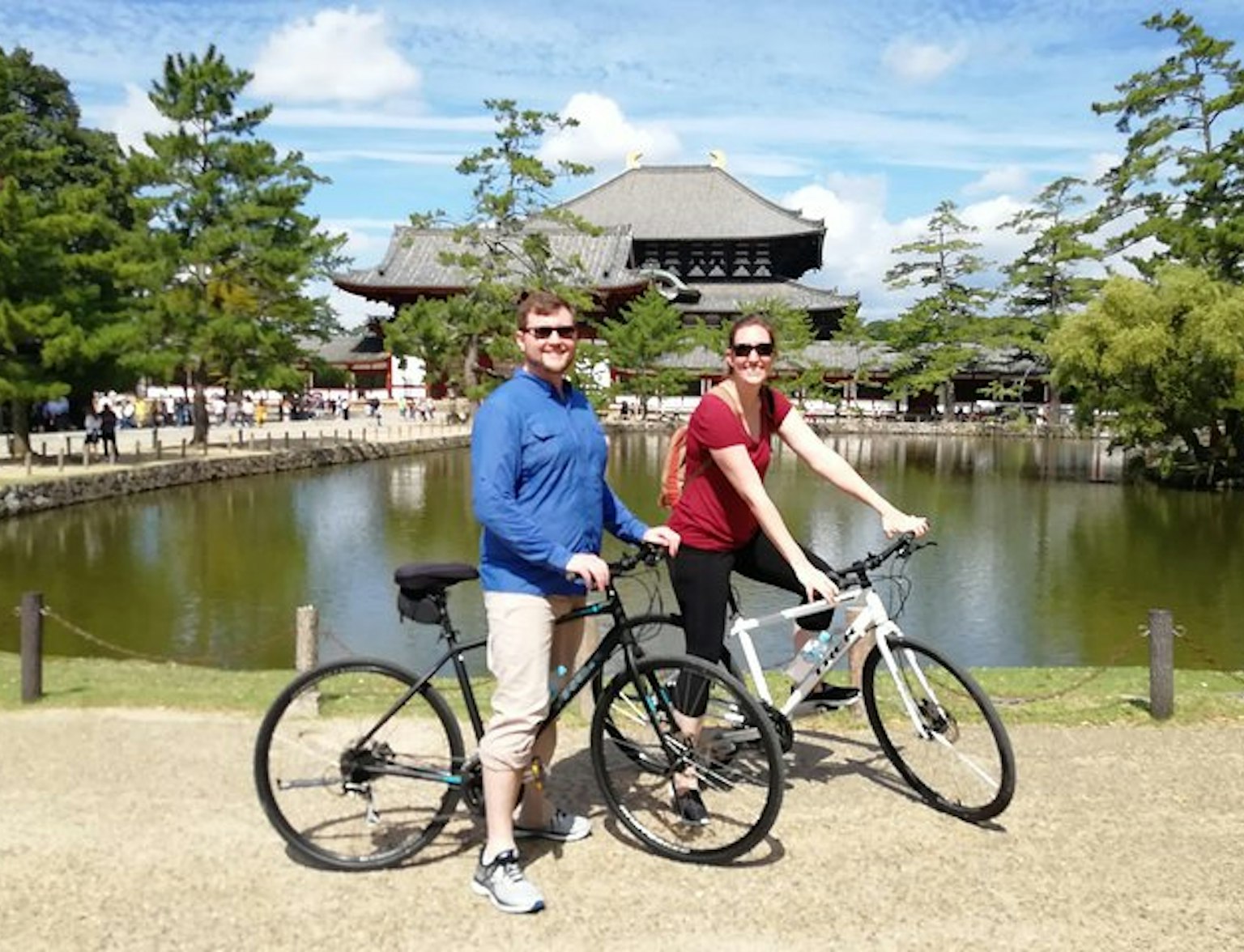
Join us on an unforgettable journey as we uncover the hidden gems of Nara.
Of course, I won’t deny Airbnb completely. For longer stays, such as a month or more, Airbnb rentals might provide savings and convenience, especially if you want a kitchen or laundry facilities. Longer stays can help offset cleaning fees and hidden charges. Just be sure to carefully research the property’s legal status and reviews.
For shorter trips, though, the comfort, convenience, and security offered by traditional hotels or ryokans often outweigh Airbnb’s supposed benefits.
Traveling through Japan should be stress-free and memorable. After arranging countless trips, I've seen travelers consistently happier when choosing traditional Japanese inns or reputable hotels over Airbnb stays. It's about reliability, peace of mind, cultural authenticity, and genuine hospitality.
If you're seeking something special, I've put together thoughtfully arranged itineraries, such as our 16-day itinerary covering Tokyo, Kyoto, Okinawa, and Osaka. These carefully structured plans let you experience the very best Japan has to offer without the risks and inconveniences that sometimes accompany Airbnb.
Ultimately, your accommodation choice significantly influences your overall travel experience. Choosing wisely ensures your trip is unforgettable—for all the right reasons.
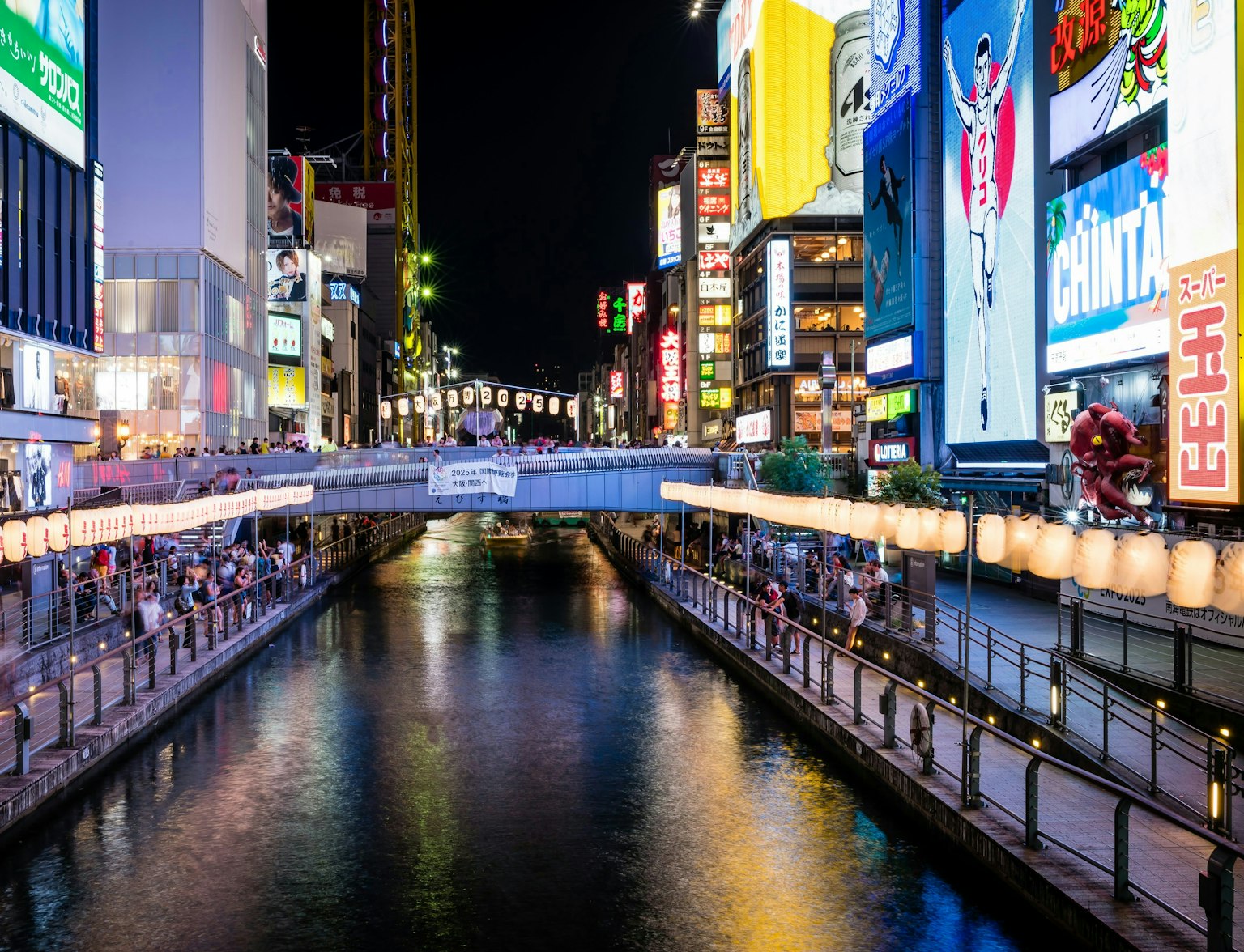
Join our Ultimate Osaka Walking Tour and immerse yourself in the city's heart.

